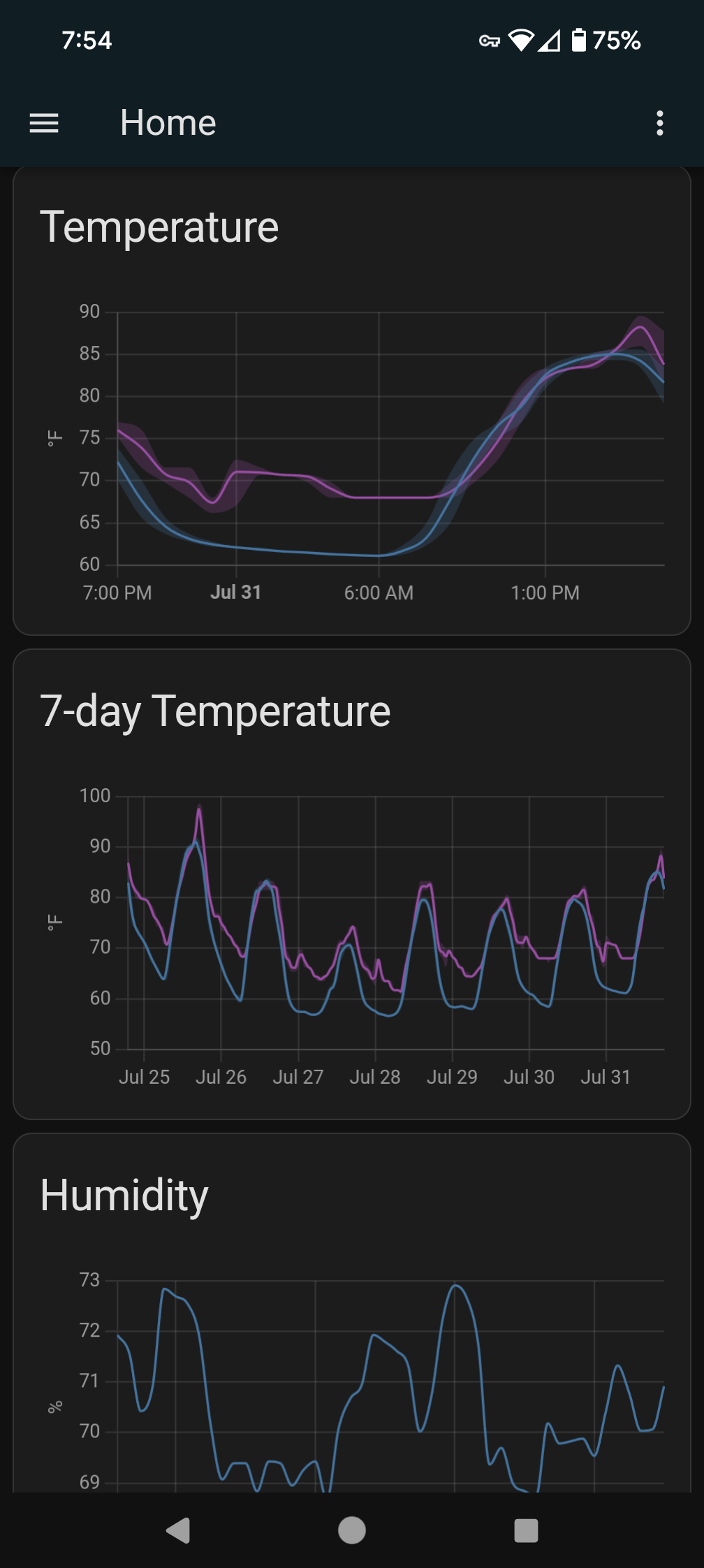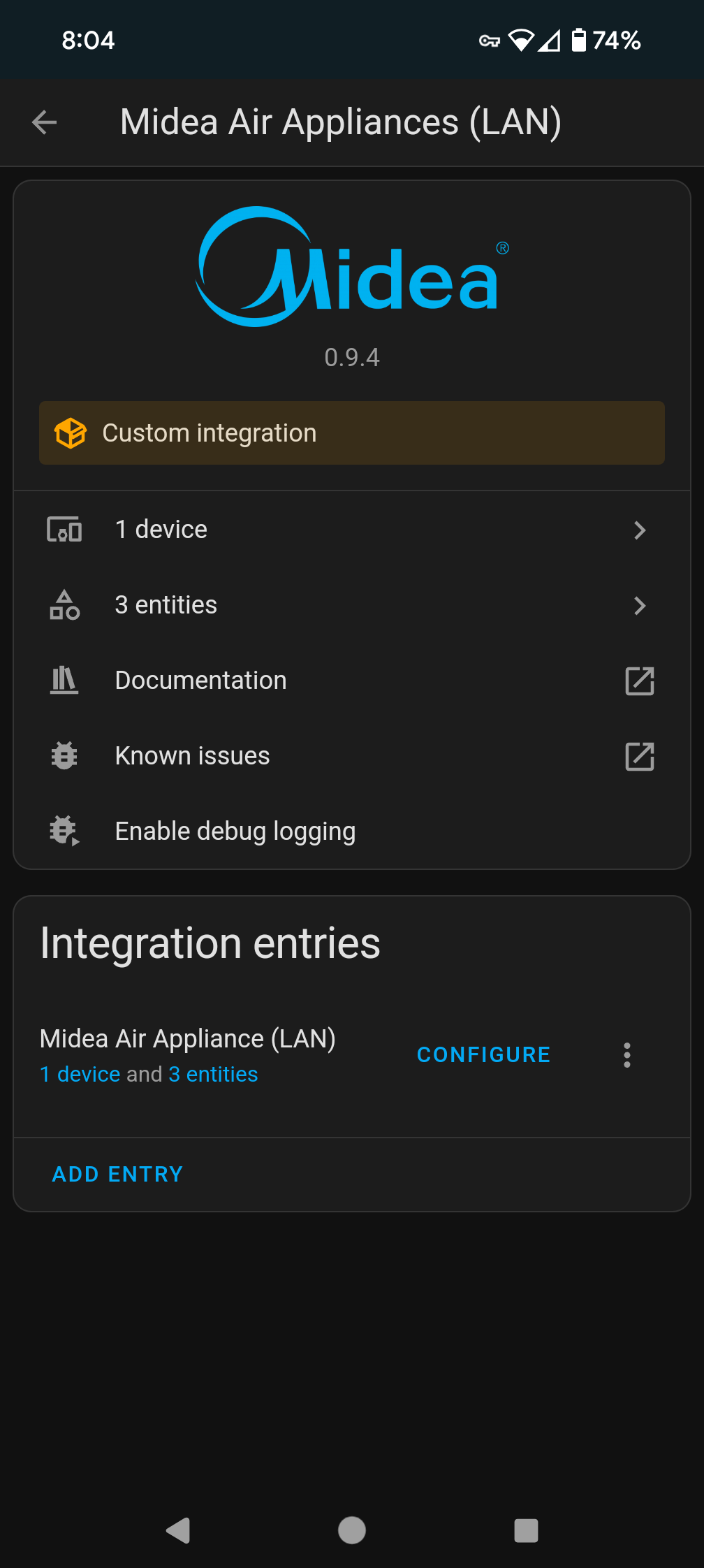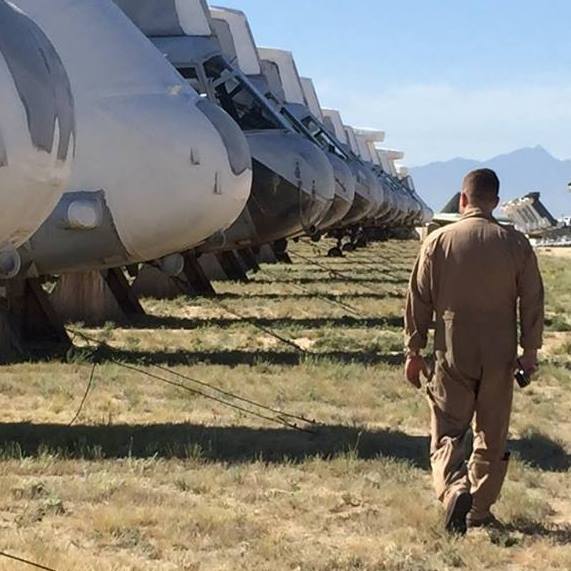I’m finding it really difficult to tell whether a particular air conditioner is supported by Home Assistant, since all the ones I’ve seen in stores don’t seem compatible. I mean, I’m probably wrong in that, I’m sure that with enough work anything will work, but I didn’t see any integrations with Midea air conditioners, for example.
All my windows in my house slide sideways, so most of the in-wall air-conditioners won’t work, and I rent the place, so I can’t make large alterations. This pretty much limits me to portable ACs, which don’t tend to have much smart home functionality.
Any help would be appreciated, as I’m pretty new to using Home Assistant in general, and I’m still trying to figure out how things work. I only bought my Home Assistant Yellow last year, and I don’t yet have any smart appliances to connect it to.
Anything with a variable speed compressor and two tubes to the window. The variable speed is quieter. The two tubes mean it doesn’t steal cool air from inside and exhaust it outside.
I still think they are all loud trash, but that’s the best you’ll get for your situation.
Two tubes still means it pulls in hot air from the outside that it then needs to cool down first. The split ACs are basically the only sane ones (but expensive).
While it does pull in hot air from outside, it is not cooled, but rather heated. AC units are divided with a cool side that lowers temp in a room and a hot side that extracts heat.
Warm air is used by the condenser (a radiator that collects the heat from the room) and sent back outside hotter than it sucked in.
The air on the cold side of the AC unit is recirculated into the room.
So they have two airflows? Then I assume in contrast to the ones with just one exhaust they need two fans? One for circulating (and cooling) the air from the room and one to circulate the air from (and to) the outside?
Then I assume that would make them even noisier then the single exhaust ones, right? (More moving parts.)
Yup, two fans. The increased noise is compensated by them not needing to run as much due to the increased efficiency.
Yup! Even units with one exhaust need 2 fans. Many standalone models even have a small 3rd fan near the condensate reservoir to re-introduce moisture, collected when chilling air, back into the exhaust so they don’t have to be drained as much.
The nice thing about inverter units is they only run the pump and fans as hard as it needs to obtain its objective. Once there, it can spin down and get much quieter. I used to have floor units and hated sleeping with those. All through the night you would get fan noise and a huge CLUNK as the compressor kicks on or off. We upgraded this year and the ramp-up is so much easier to sleep through. There is still fan noise, but much quieter and becomes white noise after a while.
Thanks for filling that gap of knowledge!
That’s not how air conditioners work
No the outside air is used to cool down the coolant. It won’t be released indoors. The high pressure coolant is hotter than the outside air and thus the air is able to absorb the heat out of the pipes.
Then the coolant goes to the radiator where it expands and turns cold. This is where the inside air moves trough the radiator to cool the room. The two airflows won’t interact. This is why ACs with two pipes are better than ACs with only an exhaust. Since in those the AC sucks air out of the room to cool the coolant and dumps it outside. And thus the pressure will drop in the room and air from outside the room will be sucked inside.
deleted by creator
Doesn’t really apply to your setup, but I just got a u-shaped window AC from midea and it works well with home assistant. I didn’t expect it, but it also has an outside temp sensor I can read. I’ve been graphing outside temp all summer. Purple is the AC, blue is openweathermap. Ignore humidity, that is for a tropical/moss tank.

They have an indoor unit with the same wifi capability, linky so that one might work.
EDIT: you’re right, Midea compatibility isn’t standard in home assistant, nor advertised , but I added it with a custom integration. It’s been working great this summer.

I’m currently using a 15 year old window unit that’s just plugged into a smart plug. It doesn’t sound like 100% what you’re looking for, but it is an alternative
If the unit you buy has an IR remote, you could look into Sensibo as an add-on. I just installed a Mr. Cool mini split, and set up a Sensibo Air at the same time. The Sensibo integration is two parts - Homekit and API from their cloud service. Most of my automations use only the Homekit integration. Sensibo’s website will also let you check to see if the AC unit you’re thinking of works with Sensibo.
deleted by creator
I’m not sure about compatibility with HA (saw this via /all), but I bought the Whynter ARC-14S and a Broadlink IR universal remote + sensor cable so that I could set up some automations and/or control the AC via my phone. I think any AC with an IR remote should work in that setup.
If you’re in an area that gets lots of poor air quality days while you’ll be running it (my area usually gets a few weeks of terrible air in August & September due to wildfires), a dual hose AC is definitely worthwhile.
I’m fortunate enough to be a homeowner, but I rented places for most of my adult live. My current home doesn’t have central AC, and none of my rentals did either.
Everywhere I’ve lived, the mounting hardware that comes with portable ACs just didn’t work for me. What I found that did work is to throw away the existing window mount and build your own. I’ll take two pieces of plywood, cut them to the space that exists in my window (at one point this was a sliding door), and sandwich a sheet of insulation foam in the middle. Then drill holes for your AC tubes and screw on the mounts that came with your AC.
Also, if at all possible, avoid the single-hose portable units. You’re wasting cold air. A dual-hose unit uses outdoor air to cool the unit itself, and the hot exhaust gets expelled through the second tube. Do make sure you have a screen on the inlet, though, unless you want to be cleaning out bugs from inside your AC. I have used window units, single-hose portable, and dual-hose portable units. At least in my experience, the window units work best, the dual-hose units are a close second, and the single-hose units are crap.
As far as HA integration, I recently went through the process of finding a new AC that works with HA. What I found is that everything available either requires internet access and works with proprietary “cloud” access or just doesn’t have any sort of remote connection. Some of the “cloud” solutions have decent integration with HA, but I have a hard-and-fast rule that none of my IoT devices access anything outside my home network. What worked for me is buying a “dumb” portable AC with a remote control and using a Wifi-connected universal remote to provide access to HA.
@corroded @SethranKada Which wifi-connected universal remote would you recommend?
I’ve got a different smart GE air conditioner, but it works with home assistant, through smarthq. They have a portable one (I dont know how well it does, just that it’s ‘smart’) https://geappliances.ca/en_CA/Air-Conditioners/GE-14%2C000-BTU-Smart-Portable-Air-Conditioner-White---APWA14YBMW/p/APWA14YBMW







